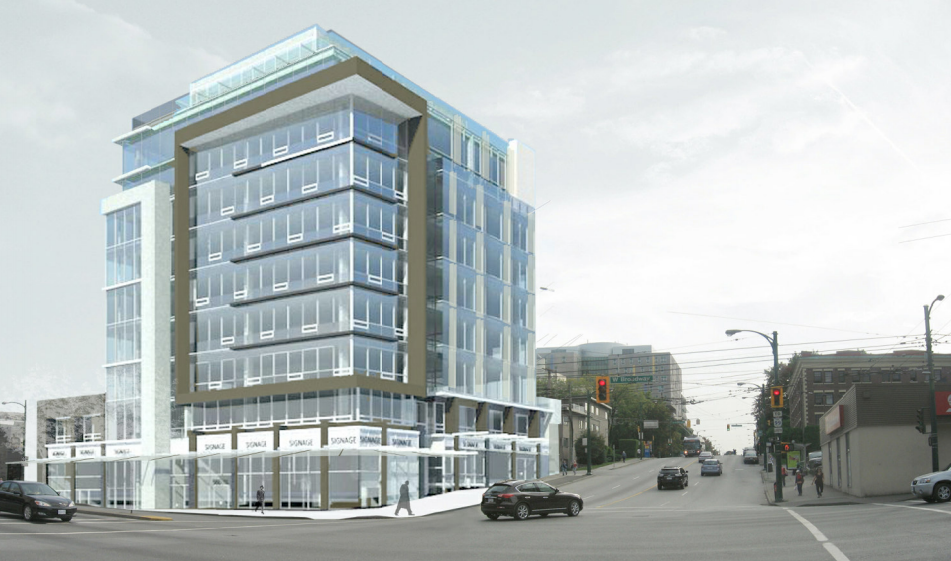Increasing supply in a housing bubble linked to a bigger crash

By ThinkPol Staff
The BC government has promised to tackle the housing affordability crisis in Metro Vancouver by “aggressively” increasing supply.
A new study coming out of Princeton suggests that the NDP government may want to reconsider that strategy.
In Economic Consequences of Housing Speculation, researchers link increased supply to a more severe crash when the bubble bursts[1]https://www.princeton.edu/~wxiong/papers/Speculation.pdf.
“We need to make sure we’re sensitive as we address demand side but be aggressive on the supply side,” Premier John Horgan assured Vancouver’s developer community at an Urban Development Institute (UDI) a luncheon last week.
But Zhenyu Gao, Michael Sockin, Wei Xiong found that “housing speculation, anchored, in part, on extrapolation of past housing price changes, led not only to greater price increases and more housing construction during the boom in 2004 to 2006, but also to more severe economic downturns during the subsequent bust in 2007 to 2009.”
“New housing supply stimulated by speculation during the boom period could have led to a supply overhang problem during the bust, which resulted in a contraction in construction-sector activity,” the authors state.
“Supply overhang can both exacerbate the subsequent housing price bust and reduce demand
for new housing, leading to a large decline in construction activity during the recession,” they add.
The trio’s findings are in line with research done by the US National Bureau of Economic Research.
Arrested Development: Theory and Evidence of Supply-Side Speculation in the Housing Market[2]http://www.nber.org/papers/w23030 identifies “mechanisms driving the house price boom by emphasizing speculation among developers on the supply-side of the market.”
“Many of the largest price increases occurred in cities that were able to build new houses quickly,” Authors Charles G. Nathanson and Eric Zwick conclude. “This fact poses a problem for theories that stress inelastic housing supply as the sole source of house price booms. But it sits well with our theory, which instead emphasizes speculation.”
Housing activists have long maintained that housing affordability in the lower mainland needs to be addressed on the demand side.
The housing advocating group Housing Action for Local Taxpayers (HALT) lamented that the NDP government, especially Housing Minister Selina Robinson, is focusing all energies on increasing supply without taking any action to curtail speculation-driven demand.
“Any demand side action, on speculation, tax reforms and addressing financial crime, in real estate will have to come from Ministry of Finance and office of Attorney General,” HALT told ThinkPol in a statement.
[Photo Credit: City of Vancouver]
References
| 1. | ↑ | https://www.princeton.edu/~wxiong/papers/Speculation.pdf |
| 2. | ↑ | http://www.nber.org/papers/w23030 |



